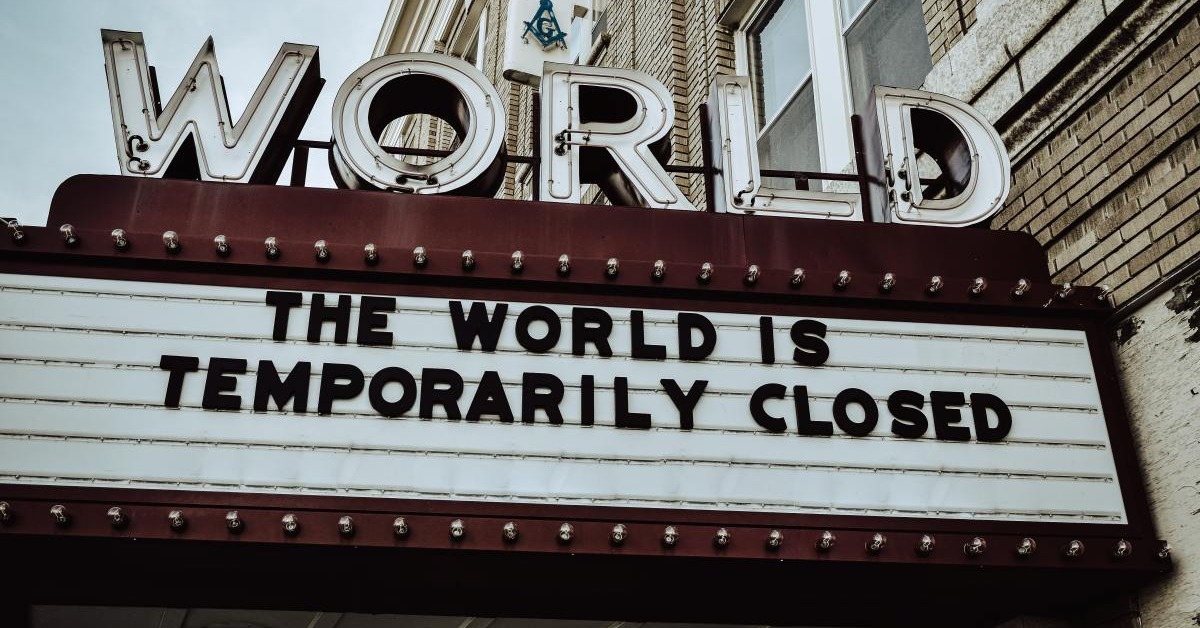
How to Become a Gerontological Social Worker
If you're passionate about improving older adults' quality of life [...]

Social work education delivers a comprehensive understanding of how to care for people effectively by appreciating individual and group challenges in social and physical environments. Evolving from early social welfare efforts, social work practice stresses advocacy for social justice in the delivery of essential services and assistance. It focuses on helping vulnerable people and communities cope with unique social conditions to improve their health and well-being.
For those in social work practice, building strength by broadening skills and competencies means reaching those who need help in new ways. For some, pursuing a dual degree program provides a deeper understanding of how human services overlap with other specialty areas that include criminal justice, child welfare, law, education, and public health. Creating these connections enables practitioners to see how to effect social policy and healthcare change.
Social work students face abundant options when choosing among dual degree programs, each offering a unique perspective from which to learn. Some programs prepare students for work with more vulnerable populations; others focus on business or public policy. Social work education can prepare a student for clinical practice and direct services or administration and management. Specializations can also boost career opportunities.
Finding the best dual degree program is a personal pursuit, as the right MSW program should fit your interests and goals. Whether you want to apply your skills within the structure of the legal system to design and direct public health or work in the business world to organize support and structure for employees in a corporate framework, a dual degree MSW can bolster your skill set to make it possible.
In this article, we will take a look at the best dual degrees for social workers and explore the following topics:
Social workers with an MSW make $50,390 per year on average, but obtaining another graduate degree can increase those earnings substantially. An additional Master of Arts or Sciences degree can also broaden dual degree students’ appeal across industries.
This article outlines some of the best pairings for MSW dual degrees you can pursue at a single university’s school of social work and the skills you’ll acquire from each degree program.
Advocating for vulnerable populations is a crucial tenet of social work. Combining an MSW with a Juris Doctor prepares graduates to navigate the complex legal system for their clients. Professionals can either practice social work with honed legal skills or work as attorneys with training in clinical social work. Graduates can also work in various specialties, including forensics, juvenile justice, child advocacy, corrections, legislative advocacy, and public policy.
Tulane University’s School of Social Work allows dual degree students to choose from a 16-month full-time, 32-month part-time, or 12-month advanced standing timeline to finish their MSW/Juris Doctor (JD) degree. Students develop interdisciplinary legal and psychosocial skills to work collaboratively with individual clients, couples, families, and groups.
While not viewed as a traditional dual degree pairing, an MSW/MBA degree combination helps graduates develop strong management and decision-making skills to apply to their human services training. This combination is a powerful tool in the increasingly competitive philanthropic and nonprofit sectors. In the for-profit sector, economic and evidence-based strategic planning models give these graduates advantages with program design and outreach.
The School of Social Work at the University of Pennsylvania offers a joint degree with the Joseph M. Katz Graduate School of Business that emphasizes business-led management methods, economic and cost-benefit analysis, and outcome assessments.
A Master of Public Administration prepares students for leadership roles in government, government-adjacent service agencies, and policy advocacy. The critical impact government action and policy exert on social work makes this dual degree pairing particularly valuable, particularly for social workers looking to exert influence at the macro level.
At NYU’s Silver School of Social Work and Robert F. Wagner Graduate School of Public Service, dual degree students participate in coursework on diversity, racism, and oppression, social welfare, and human behavior in the social environment. Students also participate outside the classroom in field education and elective opportunities.
Social work that focuses on public health directs resources toward addressing the disparities that prevent progress and change in communities. It also seeks to define the most culturally appropriate and effective methods for improvement. Combining an MSW with a Master of Public Health (MPH) promotes the application of evidence-based research to community-based interventions.
Tulane University’s School of Social Work offers a combined MSW and MPH degree in collaboration with the Tulane School of Public Health and Tropical Medicine (SPHTM). This dual program supports culturally relevant social work practice and an ethical approach to community-led, cooperative interventions.
Dual master’s in social work and master’s in education degrees offer another complementary set of skills. Program and curriculum design utilize similar approaches to inclusiveness, cultural competency, social justice, and many theoretical practices. In addition, dual-degree students will find overlap in coursework in human development, psychological assessment and measurement, problem-solving, and leadership.
CUNY Hunter College offers a dual degree master’s program focused on infant and family development and early intervention for families. Students learn clinical skills and theoretical applications from both degrees in cooperation with Bank Street College of Education. Graduates obtain education licensure and certification under state requirements upon completing the program.
Criminal justice and social work share similar critical assessment and analytical skills for evaluating policy and programming. Moreover, with a shared focus on violence prevention, police-community relations, and juvenile justice, these two master’s programs provide plenty of overlap in theory and practice.
At the University of Pennsylvania‘s School of Social Policy and Practice, students study the philosophy and history of social work and social welfare, evidence-based crime prevention, human behavior in the social environment, and quantitative methods for public policy. The school also offers the opportunity to apply for field placement in its Goldring Reentry Initiative case-management support program.
As nonprofit leadership adapts to a data-driven world, understanding how figures inform policy on clinical and large-scale initiatives adds enormous value to programming. Students develop the skills critical to running organizations on a local or global scale.
The University of Pennsylvania offers a combined MSW and master’s degree in nonprofit leadership and emphasizes mentorship within field placement positions.
Becoming a pastoral psychotherapist or chaplaincy for the military, hospitals, or prison populations requires integrating the spiritual and social contexts. These professionals provide spiritual support and structure for clients as an additional resource for social work practitioners.
The joint MSW/Master of Divinity program offered by the Union Theological Seminary in partnership with Hunter College (MDiv/MSW) or Columbia University (MDiv/MSSW) draws on the “entwined histories of social justice and community empowerment” by recognizing the interconnectedness of oppression in society.
| University and Program Name | Learn More |
|
Virginia Commonwealth University:
Online Master of Social Work
|
The dual degree programs listed above are designed to work in concert but may have strict scheduling guidelines and requirements. Some operate within the same university. Programs can take less than two years to five years to complete.
Program design varies, so you’ll need to research how a dual degree program works with your schedule and goals. Then, armed with any of these dual degrees, you’ll enter the workforce as a highly educated and qualified candidate.
Questions or feedback? Email editor@noodle.com

If you're passionate about improving older adults' quality of life [...]

Social work leaders oversee organizations and work in advocacy roles [...]

Guidance counselor salaries vary widely among states. Remember to factor [...]

Frontline care workers confronted extreme conditions and heavy caseloads during [...]

The hallmarks of any great educator and capable social worker [...]
Categorized as: Social Work, Social Work & Counseling & Psychology